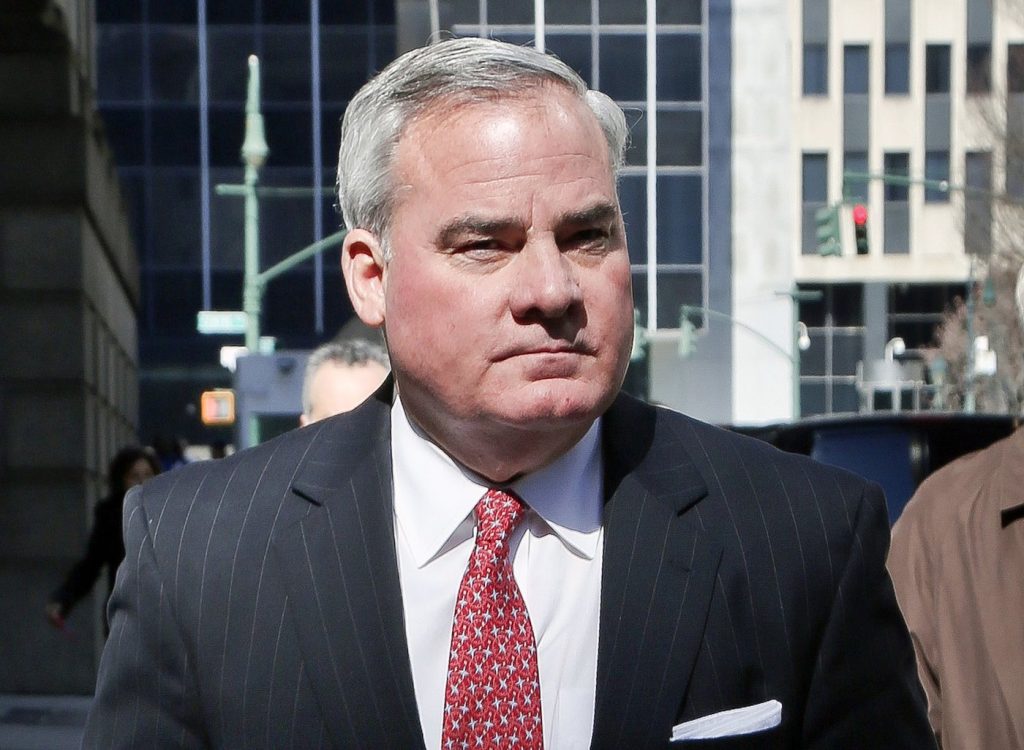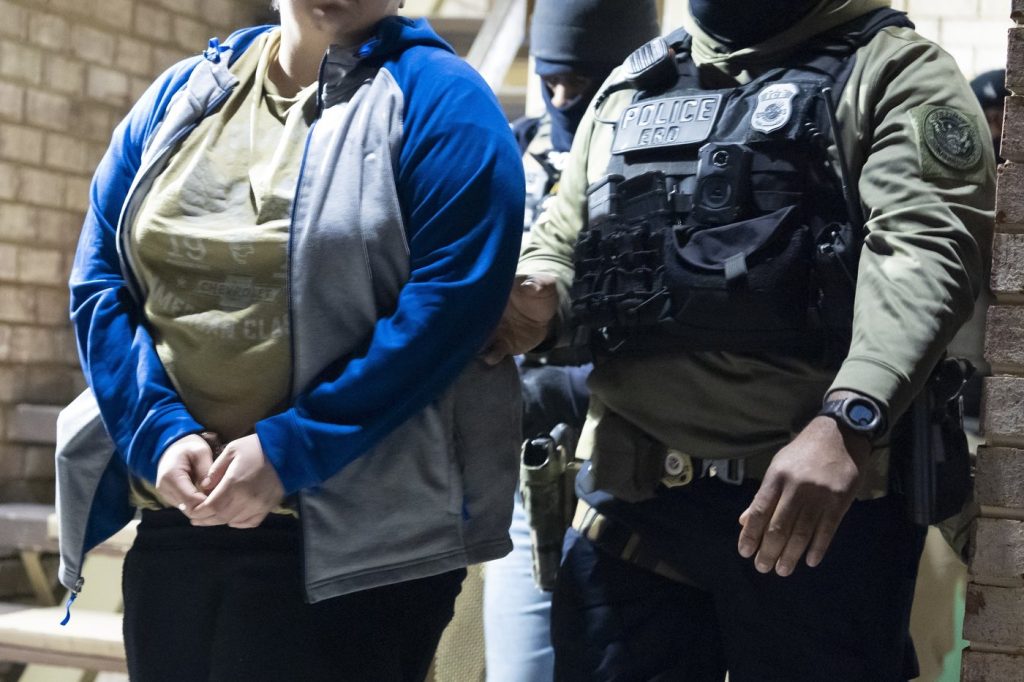WASHINGTON (AP) - This week, former politicians and celebrity figures received unexpected pardons from President Donald Trump, showcasing his use of executive power to grant clemency to allies and public figures convicted of fraud-related crimes. Among those pardoned were former Connecticut Governor John Rowland, who resigned amid a corruption scandal and spent time in federal prison, and former New York Republican Congressman Michael Grimm, who was convicted of tax fraud. The list also included reality TV stars, illustrating a pattern of pardons that often favor individuals connected to Trump while raising concerns about the integrity of the justice system.
President Trump’s clemency grants resemble a departure from traditional pardon practices, which typically involve thorough reviews by legal counsel at the Justice Department. Critiques have emerged regarding Trump's approach as it appears to undermine judicial outcomes and elevate political objectives. Liz Oyer, the former pardon attorney who was dismissed for not endorsing the restoration of actor Mel Gibson's gun rights, noted that such pardons are damaging to the justice system by overriding jury verdicts and judicial sentences.
Historically, controversial pardons have not been exclusive to Trump. Notable instances include President Gerald Ford’s pardon of Richard Nixon, and Bill Clinton’s last-minute pardon of financier Marc Rich. More recently, President Joe Biden granted clemency to his son, Hunter Biden, in relation to various felony charges, contradicting earlier commitments regarding the use of presidential power. Nevertheless, the pattern seen in Trump’s pardons—including the clemency extended to figures involved in various scandals—has drawn particular scrutiny for its connection to the president's political alignment and loyalty.
Since assuming office, Trump has utilized his pardon powers to support notable associates, including those tied to the Russia investigation. His recent clemency actions continue this trend, reflecting a significant shift in how clemency decisions are approached within the executive branch. On his first day back in office after the 2020 elections, Trump expressed intentions to pardon more than 1,500 individuals charged in the January 6, 2021, Capitol riot, further signaling a commitment to support those aligned with his political narratives.
The recent beneficiaries of pardons also included former Illinois Governor Rod Blagojevich and TV personalities Todd and Julie Chrisley, who faced legal repercussions for serious financial crimes. The Chrisleys, convicted of defrauding banks to secure over $30 million in loans, represent another case where celebrity status may influence clemency outcomes. The pardons exemplify a troubling trend where those with powerful connections receive more favorable treatment than ordinary citizens who lack established networks.
Amid these developments, the Justice Department has revamped its approach toward public corruption investigations, with notable reductions in personnel dedicated to holding public officials accountable. The ousting of Liz Oyer and the installation of Ed Martin, a loyalist to Trump, suggest a shift in priorities that may favor political allies over traditional standards of justice. As a result, the public integrity section, set up in the aftermath of the Watergate scandal, has seen significant cuts, potentially diminishing its ability to investigate misconduct among public officials.
The evolving landscape of clemency under Trump's presidency has prompted discussions among historians and legal experts. Julian Zelizer, a Princeton University historian, characterized Trump’s pardoning method as one that leans more toward rewarding allies and political favors rather than adhering to principles of fairness and justice. The administration's approach to pardons suggests a continued erosion of the integrity once upheld by the Department of Justice, with lasting implications for the legal system in the United States.












